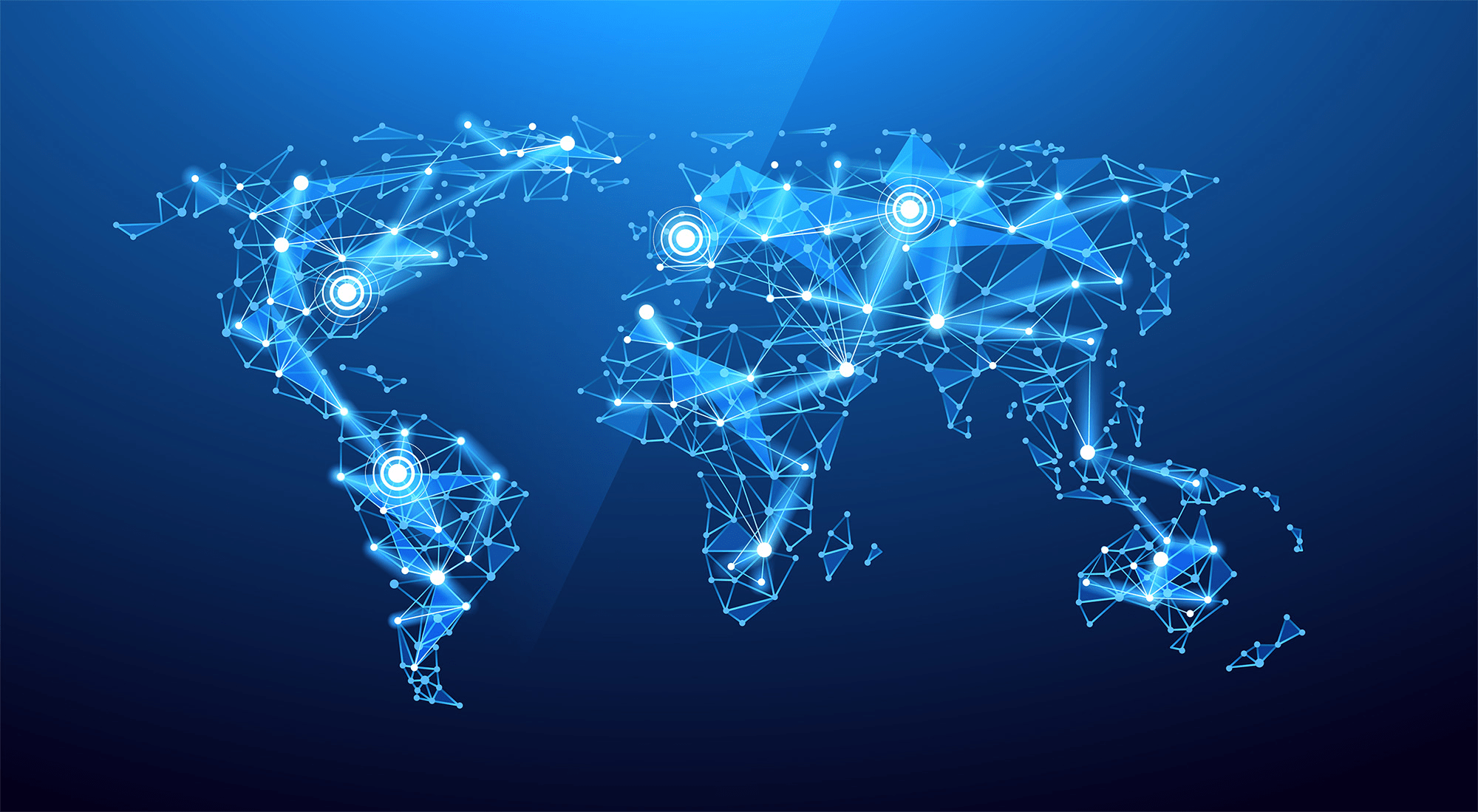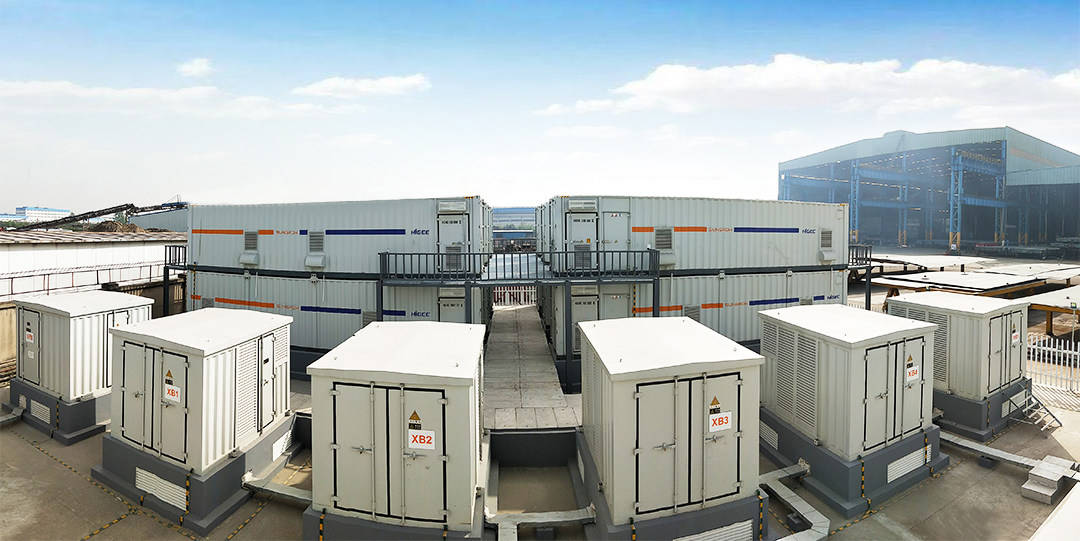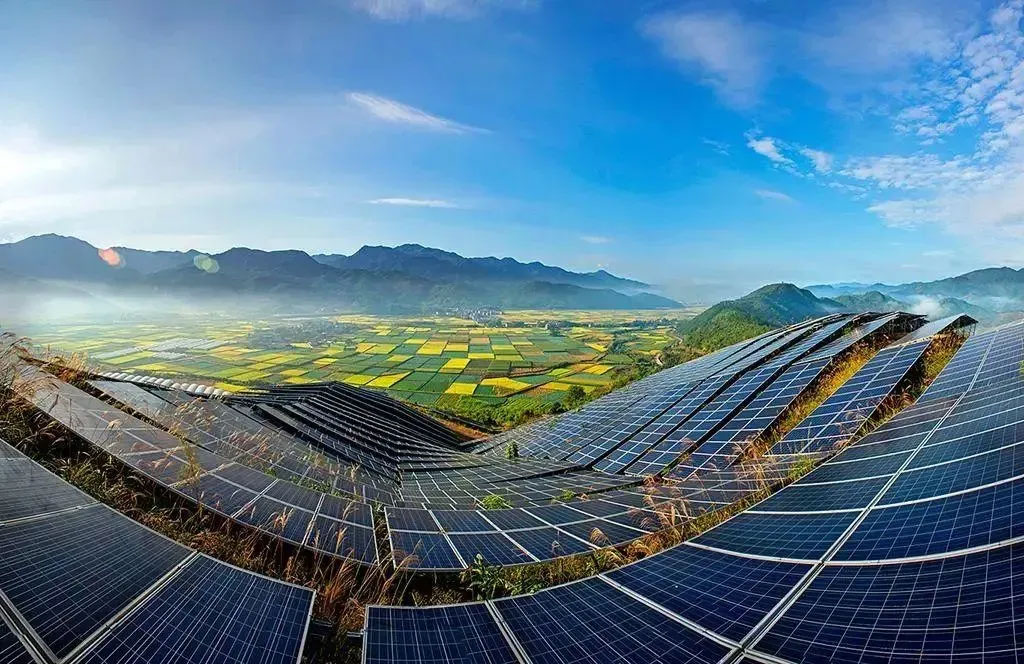【Metaverse News】Blockchain technology leads a new wave of technological change

As a strategic cutting-edge and disruptive technology, blockchain has the characteristics of distributed, tamper proof, and smart contracts, and its broad prospects have become a focus of attention for countries around the world.
As an important infrastructure of the 'Value Internet', blockchain is leading a new round of global technological change and innovation, becoming the 'birthplace' of technological and model innovation.
At present, blockchain has entered the 3.0 era, which is the implementation of application scenarios of blockchain technology in the social field. It extends blockchain technology beyond the financial field and provides decentralized solutions for various industries.
Blockchain has to some extent solved the problems of integrity, authenticity, and uniqueness in the process of value transmission, reduced the risks of value transmission, improved the efficiency of transmission, and achieved the informatization of enterprise collaboration. It will generate a large number of innovative cooperation scenarios and build a new ecosystem of innovation and entrepreneurship.
IDC releases the "2021 V1 Global Blockchain Spending Guidelines". The report predicts that the global blockchain market will achieve a compound growth rate of approximately 48.0% during the five-year forecast period in 2024.
The scale of China's blockchain market is expected to exceed $2.5 billion by 2024, with a five-year average compound growth rate (CAGR) of 54.6%, ranking first in the world in terms of growth rate.
In terms of technology, the scale of software expenditure is expected to achieve a compound annual growth rate of 58.5%. In terms of industry dimension, the five-year CAGR of the healthcare industry market will be close to 80%. In terms of application scenario dimensions, the overall expenditure scale of China's trade finance market is expected to exceed $300 million by 2024.

Blockchain: A New Economic Operating System
BlockChain can be seen as a distributed ledger, a technical solution that collectively maintains a reliable database through decentralization and third-party trust, ensuring the authenticity and immutability of information.
Narrowly speaking, blockchain technology is a new way of sacrificing efficiency for trusted security in databases; Broadly speaking, Bitcoin's application of blockchain is achieving an innovative economic operating system model.
The characteristics of blockchain mainly include:
1) Decentralization: does not rely on additional third-party management agencies or hardware facilities;
2) Difficult to tamper with: Data is disseminated and synchronized across the network, and the cost of tampering is extremely high;
3) Autonomy: Changing trust in "people" to trust in machines;
4) Intelligence: Deploying smart contracts on the blockchain can execute complex business logic;
5) Privacy: The use of encryption technology is beneficial for protecting users' identities or other private information;
6) Security: It will not affect the overall system functionality and security due to the fault of a particular node.

Accelerated landing of central bank digital currency
With the official launch of the dual circulation strategy deployment in China and the more urgent demand for innovation driven development, the imbalance and insufficient contradiction faced by the original financial system in supporting the real economy have become more prominent.
In 2015, the central bank system began to focus on researching digital currency and blockchain technology. By 2019, the China Banking and Insurance Regulatory Commission encouraged various financial departments to explore the deep integration of blockchain technology with the real economy. The fastest application of blockchain technology is expected to be for the central bank's digital currency, namely DC/EP (Digital Currency Electronic Payment).
Blockchain Industry Chain
The development prospects of blockchain are broad, and in recent years, it has attracted a large number of companies to enter various links of the industrial chain.
Upstream hardware, technology, and infrastructure manufacturers in the blockchain industry mainly provide essential infrastructure such as mining machines, mining pools, hard drives, routers, etc. for blockchain applications; Midstream blockchain application and service providers are responsible for the research and development of blockchain general technology and technology extension platforms, as well as the construction of digital currency education and storage platforms, providing technical support for the industry application layer; The downstream blockchain application field is the combination of blockchain technology and existing industries.
From the perspective of the industrial chain, blockchain hardware is the first to develop.

The competitive landscape of the blockchain market
In terms of the number of global blockchain enterprises, the number of new enterprises added annually continues to decrease, and the layout of enterprises has returned to rationality. Global shared blockchain enterprises are distributed in key links of the industrial chain.
The underlying technology is leading abroad, but domestic companies still have development opportunities in segmented fields, such as encryption and distributed storage. Companies with corresponding technological foundations include WeChat and Tianji Technology.
The development layer is mainly composed of foreign companies/alliances, while domestic companies mainly rely on direct reference or introduction of re innovation models. At the application layer, there is a state of collaboration between giants and startups, with a focus on cross-border payments, supply chain trade, digital currency, bills, over-the-counter equity issuance and trading, over-the-counter transaction clearing and settlement, identity recognition and authentication, and IoT application fields. Currently, the corresponding listed companies are mainly financial IT companies, such as Gaoweida, Yingshisheng, Hengsheng Electronics, Sifang Jingchuang, Haili Meida, Jinzheng Co., Ltd., Guangdian Yuntong, and Yuyin Co., Ltd Changliang Technology, Feitian Integrity, etc.
At present, blockchain technology is mainly applied in the financial field, property protection, supply chain, medical and communication industries, and the technology is still in a state of exploration and progress.
In the future, with the deployment of new infrastructure projects such as blockchain service networks (BSNs) and asset uplink, blockchain is expected to drive the rapid development of trustworthy economies in fields such as government, supply chain, healthcare, judiciary, and intellectual property.
In addition, blockchain technology, which originated from digital currency, may become its next important application after giving birth to Libra, promoting the development of central bank digital currency, and empowering industries such as finance.
The blockchain industry in China is currently in a stage of rapid development, with a rapid increase in the number of enterprises, accelerated implementation of applications, and gradual development and improvement of policy systems and regulatory frameworks. At present, both internal and external factors of blockchain technology are not present, and the industry trend is difficult to discern. Most companies are still in the early exploration stage of entering blockchain. Under the release of significant signals at the top, a new technological cycle is expected to gradually rise.
 中文
中文
 English
English




